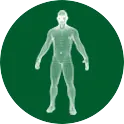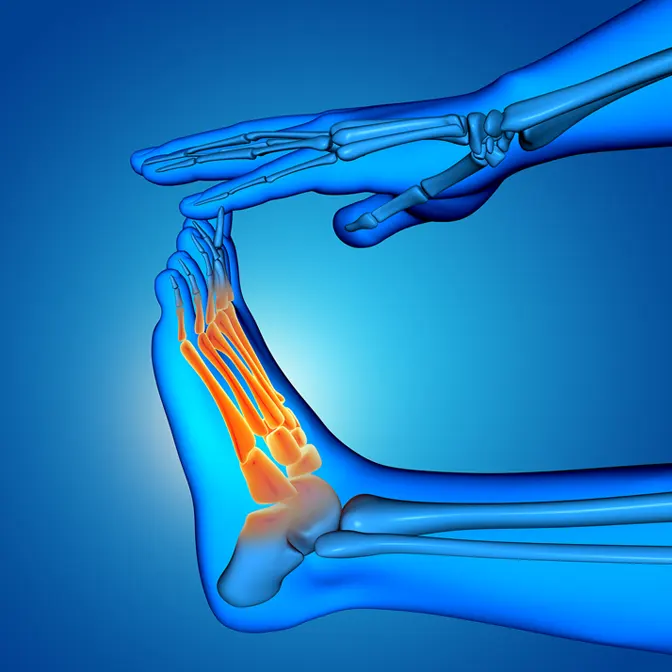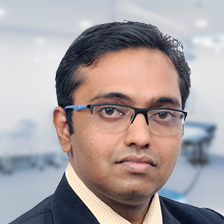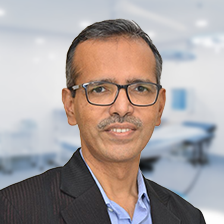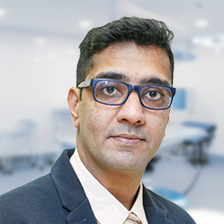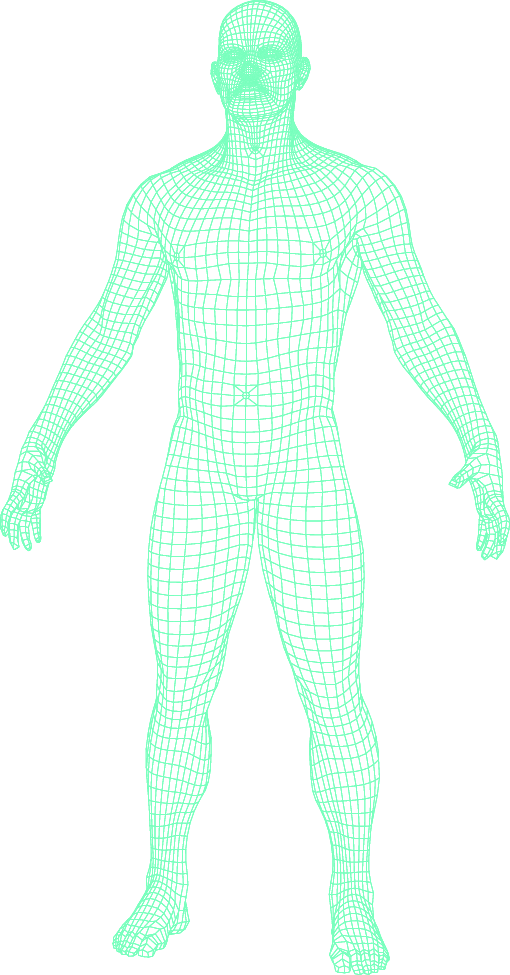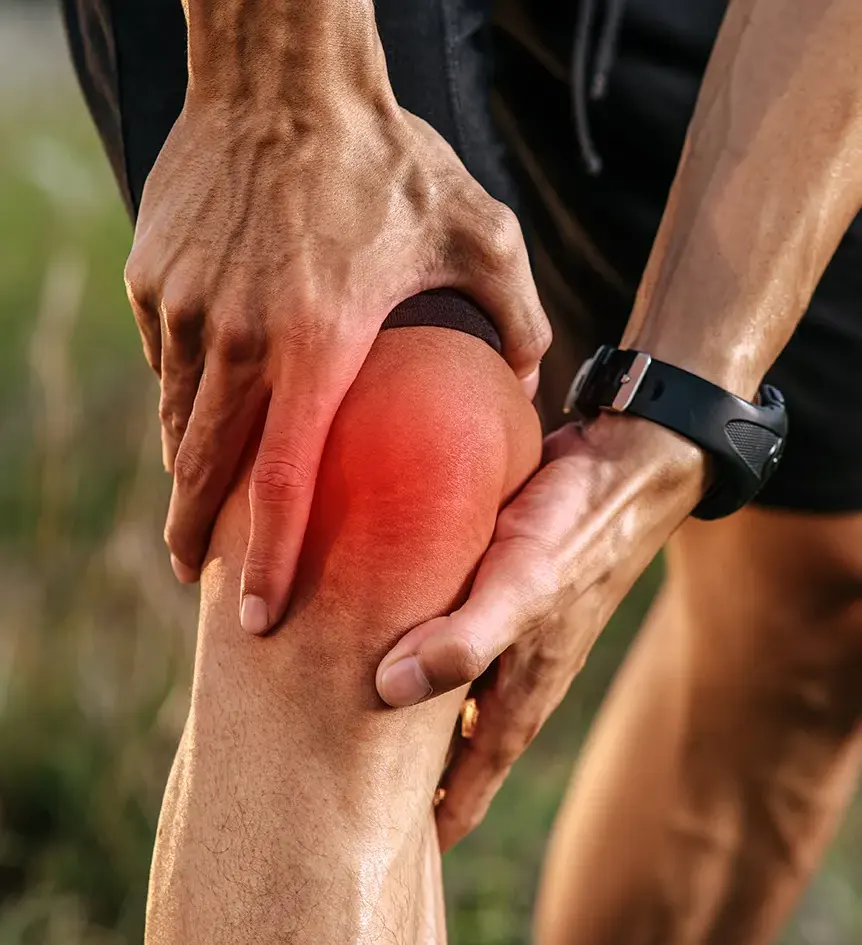

Symptoms
Symptoms of musculoskeletal disorders in orthopaedics can vary depending on the specific condition, but some common signs include:
Pain: Pain in the bones, joints, muscles, tendons, or ligaments is the most common symptom of orthopaedic disorders.
Stiffness: Joints may feel stiff or difficult to move.
Swelling: Inflammation and swelling may occur in the affected area.
Weakness: Weakness or loss of strength in the affected area
Limited range of motion: The ability to move the affected join may be limited.
Deformity: Some orthopaedic conditions can cause deformities such as a curved spine in scoliosis or a joint that appears to be out of place in a dislocation.
Numbness or tingling: Some orthopaedic conditions can cause nerve compression which can lead to numbness or tingling in the affected area


